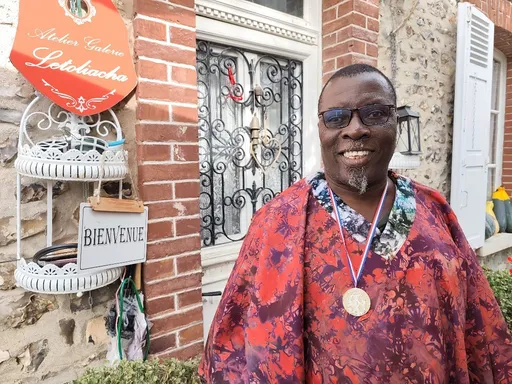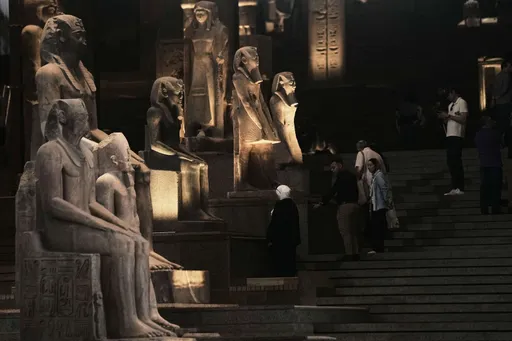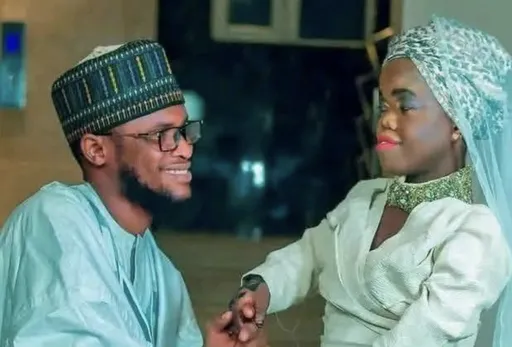Determining the "top 10" films in history from a continent as vast and diverse as Africa is inherently subjective, but certain films have achieved canonical status due to their groundbreaking artistic vision, cultural impact, historical importance, and influence on African and global cinema.
Based on historical pioneers, films that defined cinematic movements, and contemporary masterpieces that have garnered international acclaim, the following are 10 of the most significant African films in history, presented in chronological order to highlight their historical development.
1. Borom Sarret (Cart Driver) – 1963
Director: Ousmane Sembène (Senegal)
Widely considered the very first film made by a Black African filmmaker in sub-Saharan Africa, this short film is a poignant, neorealist tale of a cart driver's day in Senegal’s capital, Dakar.
Borom Sarret set the template for African cinema by critiquing the lingering effects of colonialism and exploring the struggles of the everyday person.
The film follows the life a cart driver in Dakar who struggles to earn a living for his family during a single, arduous day, encountering class inequality and the harsh realities of post-colonial Senegal.
It won the prestigious Prix de l'Office Catholique International du Cinéma (OCIC) award at the Tours International Film Festival in 1963. This early recognition was crucial in announcing the arrival of a new cinematic voice.
2. La Noire de... (Black Girl) – 1966
Director: Ousmane Sembène (Senegal)
This is the first Sub-Saharan African feature by a Black director to gain international acclaim. The story is based on a young Senegalese woman who moves to France to work for the family she served in Dakar, but her dream of a new life turns into a nightmare of isolation and exploitation.
La Noire de cemented its place in film history by winning the Prix Jean Vigo prize in 1966 – an award given for originality and independence of style.
3. Touki Bouki (The Journey of the Hyena) – 1973
Director: Djibril Diop Mambéty (Senegal)
Termed a groundbreaking avant-garde masterpiece, this film won the International Critics’ Award at the Cannes Film Festival in 1973.
The storyline follows a rebellious young couple in Dakar dreaming of escaping to Paris, and embarking on a series of surreal and chaotic adventures to get the money for their journey.
Touki Bouki’s influence has only grown over time, and it is now considered a canonical work of world cinema.
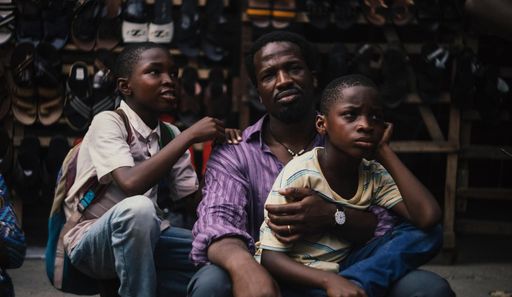
4. Xala (The Curse) – 1975
Director: Ousmane Sembène (Senegal)
Widely considered a landmark satire of the post-colonial African elite, Xala’s storyline follows a wealthy, corrupt businessman who is struck by a curse of impotence on his wedding night. His desperate quest for cure exposes the hypocrisy of the new African elite.
The film won the Silver Bear - Special Jury Prize at the 25th Berlin International Film Festival in 1975.
5. Yeelen (Brightness) - 1987
Director: Souleymane Cissé (Mali)
In a mystical ancient Mali, a young man with extraordinary powers goes on an epic journey to confront his sorcerer father, who wants to kill him.
Yeelen is widely regarded as a visually stunning epic based on Bambara mythology. It won the Jury Prize (Prix du Jury) at the Cannes Film Festival in 1987. This was a historic win, marking a major international breakthrough for African art cinema.
6. Tilai (The Law) – 1990
Director: Idrissa Ouédraogo (Burkina Faso)
A man returns to his village to find that his lover is now married to his father, a betrayal of traditional law that sets an inevitable and tragic conflict in motion.
The film showcases a powerful tragedy that won major acclaim at Cannes 1990 – clinching the Grand Prix du Jury (the second-highest award) by the festival.
It also won the prestigious an International Film Critics Award (FIPRESCI Prize), intended to promote film-art and to encourage new and young cinema.
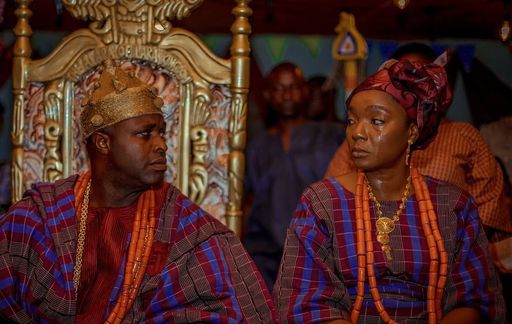
7. Yaaba (The Grandmother) – 1989
Director: Idrissa Ouédraogo (Burkina Faso)
A young boy in a Burkina Faso village befriends an old woman ostracized as a witch, forming a tender bond that challenges the community's prejudices.
The film is widely viewed as a tender and universally acclaimed story of friendship. It won the FIPRESCI Prize at the Cannes Film Festival (in the Directors' Fortnight section) in 1989.
It was also nominated in The British Academy Film Awards (BAFTA) for Best Film Not in the English Language.
8. Tsotsi – 2005
Director: Gavin Hood (South Africa)
A ruthless young gang leader in a Johannesburg slum kidnaps a baby after a carjacking, an act that unexpectedly forces him to confront his own humanity.
The film brought modern South African cinema to a global audience, winning an Academy Award (Oscar) for Best International Feature Film in 2006.
It also won an Academy Award for Best Foreign Language Film at the 2006 BAFTA Awards.
9. Timbuktu – 2014
Director: Abderrahmane Sissako (Mauritania)
In this story, the peaceful lives of people in the Malian region of Timbuktu are shattered by the occupation of terrorists, who impose a brutal new regime. It focuses on the agonies of a cattle herder and his family.
This film is a searing and poetic indictment of religious extremism. It was nominated for the Academy Award for Best International Feature Film in 2015.
It also won seven César Awards (France's national film award), including Best Film, Best Director, and Best Original Screenplay. It also won the François Chalais Prize at Cannes.
10. Atlantics – 2019
Director: Mati Diop (Senegal/France)
In a suburb of Senegal’s capital, Dakar, a young woman's lover is lost at sea while migrating for work, but he seems to return in mysterious ways, blurring the lines between reality and the spiritual.
A genre-bending film representing the new wave of African cinema, it won the Grand Prix Award at the Cannes Film Festival in 2019 (the first film by a Black female director to do so).
It was also nominated for the BAFTA Award for Best Film Not in the English Language and was selected as the Senegalese entry for the Best International Feature Film Oscar.











